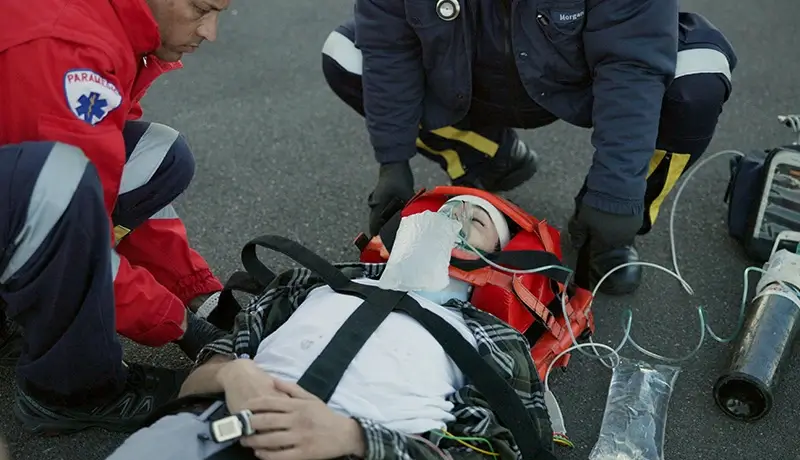Maritime Worker Health
Illness and Disease in Maritime Workers: Risks and Prevention
Introduction: Health Risks in the Maritime Industry
Working in the maritime industry presents unique health challenges. Maritime workers often face a higher risk of illness due to close quarters, prolonged periods at sea, and exposure to hazardous substances. According to Maritime Injury Center, illnesses are up to four times more common than injuries among maritime workers. Therefore, it is crucial for companies to understand these risks and implement preventive measures.

Why Are Maritime Workers at Greater Risk?
1. Close-Quarter Living
Firstly, maritime workers live and work in close quarters, which increases the risk of spreading infectious diseases. In such settings, limited ventilation and shared spaces contribute to the rapid spread of pathogens.
2. Hazardous Chemical Exposure
Additionally, seafarers are often exposed to harmful chemicals, which can lead to respiratory and skin issues. Chemicals used on ships or offshore rigs pose significant risks without proper safety measures in place.
3. Shared Facilities
Moreover, shared food and hygiene facilities can increase the risk of gastrointestinal infections, especially if proper sanitation practices are not followed consistently.
Common Illnesses in Maritime Workers
1. Respiratory Infections
Respiratory infections, such as the flu and colds, are highly common in maritime environments due to confined spaces and recirculated air. These conditions can spread quickly among crew members.
2. Gastrointestinal Diseases
In addition, seafarers are at risk of infections like norovirus, which often spreads through poor food hygiene and contaminated surfaces.
3. Skin Conditions
Furthermore, skin infections are common, especially for galley workers and deckhands who may come into contact with chemicals or harsh conditions that irritate the skin.
4. Cardiovascular Conditions
Conditions like hypertension and heart disease are also prevalent, often due to poor diet options and limited exercise availability on board. As a result, these issues may worsen without proper management.
Increased Cancer Risk in Maritime Workers
Studies show that maritime workers face a higher risk of certain cancers, including mesothelioma and lung cancer. This is likely due to exposure to toxic substances, such as asbestos. Therefore, following safety protocols, like using protective gear, is essential to lower this risk.
Preventive Measures for Maritime Health
1. Hygiene Practices
To prevent illness, strict hygiene in common areas, regular cleaning, and food safety practices are essential. These measures help reduce the risk of infectious disease.
2. Health Monitoring
Regular health check-ups are also important for early detection of illnesses. Employers should encourage workers to report symptoms early, as timely action can prevent the spread of disease.
3. Personal Health Management
Finally, workers can protect themselves by practicing good hygiene, staying physically active, and avoiding contact with sick colleagues whenever possible.
Steps to Take if You Get Sick on the Job
If maritime workers fall ill on the job, they have specific rights. Reporting symptoms promptly, seeking medical care, and documenting any potential causes of illness are essential steps. Additionally, consulting a maritime lawyer can help workers understand their options for compensation.
Conclusion
In conclusion, maritime workers face unique health risks due to the nature of their work. Preventive measures, strict hygiene practices, and access to health resources are vital for protecting maritime health and ensuring a safer work environment.
Source: Adapted from the Maritime Injury Center’s article on Illness and Disease in Maritime Workers.


